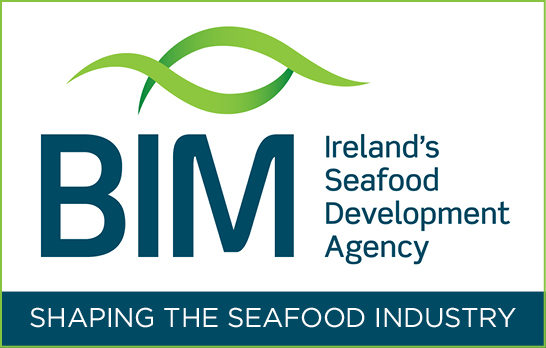Northern Ireland’s Fisheries Minister Edwin Poots MLA has today published the first stage of a report examining the opportunities to develop the fishing and seafood sector in NI.
The Fishing and Seafood Development Programme is a strategic programme of work
commissioned by DAERA in 2019. It aims to explore the challenges and
opportunities facing the NI fishing and seafood sectors, including its infrastructure
needs, so that these sectors may realise their full potential.
The Programme was split into two stages. Stage 1 which is being published now,
focuses on the fishing fleet and the fishing opportunities upon which it depends. Stage
2 which will be completed later this year will focus on the fish processing and other
fishing related shore based sectors.
The Full Report of The Fishing and Seafood Development Programme (FSDP) can be downloaded here:
Commenting on the report Poots stated:
“I am keen to build the foundations for a strong and prosperous fishing and seafood
sector and appropriate investment in harbour infrastructure is integral to this. As we
leave the EU and the Common Fisheries Policy there is potential to improve fisheries
management and grow fishing opportunities in a sustainable way. The Stage 1
report highlights restrictions that might constrain the future development, profitability
and safety of the fishing fleet and which may lead to a difficulty in taking full
advantage of improved fishing opportunities.”
“In recent years many Irish Sea fish stocks have improved and most, including
Nephrops and herring are now fished at Maximum Sustainable Yield levels. This
stands us in good stead and I hope that further improvements in fisheries
management will grow fish stocks further and result in a vibrant and prosperous
fishing industry.”
On the issue of Harbours he said “Stage 1 of the Report notes that our fishery harbours, which have served us well in
times past, may now be limiting fleet development as average vessel size in UK is
increasing. Over time this could lead to the fishing fleet becoming less competitive if
vessel owners feel they can’t invest in larger and generally more profitable vessels.
We do not yet know the outcome the Future Fisheries Agreement with the EU and
the full implications on fishery products entering and leaving Northern Ireland after
the Transition Period. Whilst I am optimistic and doing everything I can to ensure the
best possible outcome, some uncertainty remains. Added to this, seafood sector
has been hit hard by the measures taken to reduce the spread of COVID 19 and we
have yet to see full recovery.”
“It is likely to be towards the end of 2020 before we know the outcome of discussions
on future fisheries arrangements with EU and a wider trade deal, and have assessed
what this means for future fisheries development in NI. Therefore the conclusions
from Stage 1 of the Fishing and Seafood Development Programme are preliminary.
My Department intends to issue an addendum to the final FSDP report in early in
2021 that will take account of the final arrangements negotiated with EU.”
“The Stage 1 Report makes several recommendations for work that should be
undertaken to take us to a position where we can decide to move forward to the next
stage in potential harbour development. We have reviewed the next steps and the
immediate stages over the next seven months are listed below. However, it should
be noted that harbour developments are complex and expensive and there is a
lengthy process involving consultations and consents that must be gone through
before we come to a point where decisions are taken on construction. This is likely
to take several years. Proceeding to the next stage in the process is not a guarantee
that construction will eventually take place as key approvals will be required at each
stage.


Recent Comments